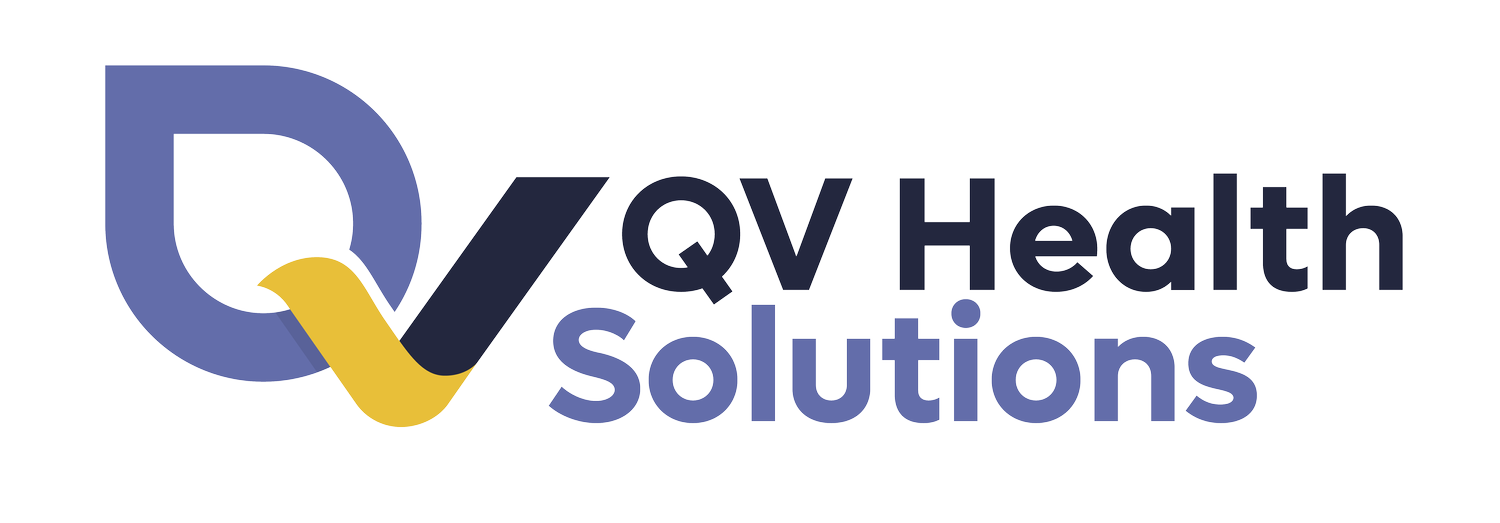Scaling and Sustaining Residential Perinatal Substance Use Disorder Treatment
Client: Volunteers of America and Humana
Sector: Healthy Births, Behavioral Health
Year: 2018 - 2025
Location: Kentucky, Louisiana, Ohio, Virginia, Georgia
Project Goals
Support Humana’s Medicaid bids to several markets with informed assessments of Family Focused Recovery program need, impact, required investment, and program design
Develop a financially sustainable revenue model to support Volunteers of America (VOA) affiliates in launching or optimizing Family Focused Recovery programs
QV Health Solutions Role
Support VOA affiliates in refining and finalizing the market-specific program design and plans for operationalizing the programs
Conduct a demonstrated needs and landscape assessment to recommend priority locations for new program sites
Lead budget development and cost-benefit analysis to understand the budget gap, impact value, and need for an alternate payment model
Establish an alternate payment model and lead contract negotiations with payors, including payment levels and terms, for the program that both recognizes program’s impact and creates a financially sustainable revenue model
-
In a unique partnership with Humana and Volunteers of America (VOA), the QV Health Solutions team helped to establish new revenue streams and financing models to build greater service capacity for pregnant, postpartum, and parenting mothers to receive holistic and evidence-based substance use disorder (SUD) treatment. VOA’s Family Focused Recovery program model delivers comprehensive services to support families struggling with SUD - helping them to address underlying physical, mental, social, and behavioral health needs.
-
Substance use disorder is a growing, national epidemic. Many women with SUD go without treatment – sometimes resulting in overdose, profound economic and social loss, and (re)entry into the criminal justice system. The opioid epidemic alone costs the United States $78.5 billion annually in health and social costs, affecting whole families. Newborns suffer neonatal abstinence syndrome (NAS), minors enter the child welfare system, and mothers often lose custody of their children. Ending the SUD epidemic is both complex and urgent - especially for low-income women and expectant mothers. Experts call for a public health approach focused on preventing and treating substance use disorder as a chronic disease.
-
We started with an assessment of VOA affiliate capacity and market conditions in priority geographies. We then worked with partners to estimate capital needs, design a program and payment model, and develop contracting terms tied to key program performance indicators. As needed, Quantified Ventures will leverage the Family Focused Recovery (FFR) Fund as a “first loss” lender and/or guarantee pool to backstop performance-related financial losses. This financing approach allows Humana and other Medicaid MCOs to share the financial and performance risk of building community capacity to address critical health and health-related social needs.
-
VOA’s FFR program is one of few in the U.S. that combines intensive addiction treatment, behavioral health services, and family support to address underlying concerns that inhibit physical, mental, and behavioral health. Additionally, these programs mitigate against family separation, provide prolonged care and support for mothers and infants, reduce the risk of relapse, and lead to fewer NICU births. Scaling this program model to new geographies will increase access to those in need. Through consistent application, financing, and performance measurement it also will enhance the availability of program outcomes data to inform state and federal policy.
In the News
“The amount of need within communities we serve has been increasing year over year and became especially acute during the pandemic. We stretch every one of our dollars to meet the needs of the community and pay our staff a fair wage for the demanding, important work they do. One of the only ways to enhance services that meet increased community need is through value-based arrangements and the shared understanding that there is tremendous opportunity within the health system to provide for better outcomes and better cost solutions. But first we have to think differently about the system and the role of community-based organizations in the system. This only gets done with strong partners like the QV Health Solutions team, Humana, and Volunteers of America bringing their best skills and attributes to the table and working with one another to achieve the system transformation we seek. One of the things I appreciate most about our partnership with the QV Health Solutions team is our shared mission – at the end of the day we are focused on providing services to support healthy individuals and healthy communities.”
— ROBERT GIBSON, EXECUTIVE VICE PRESIDENT, CHIEF STRATEGY & INNOVATION OFFICER VOLUNTEERS OF AMERICA



